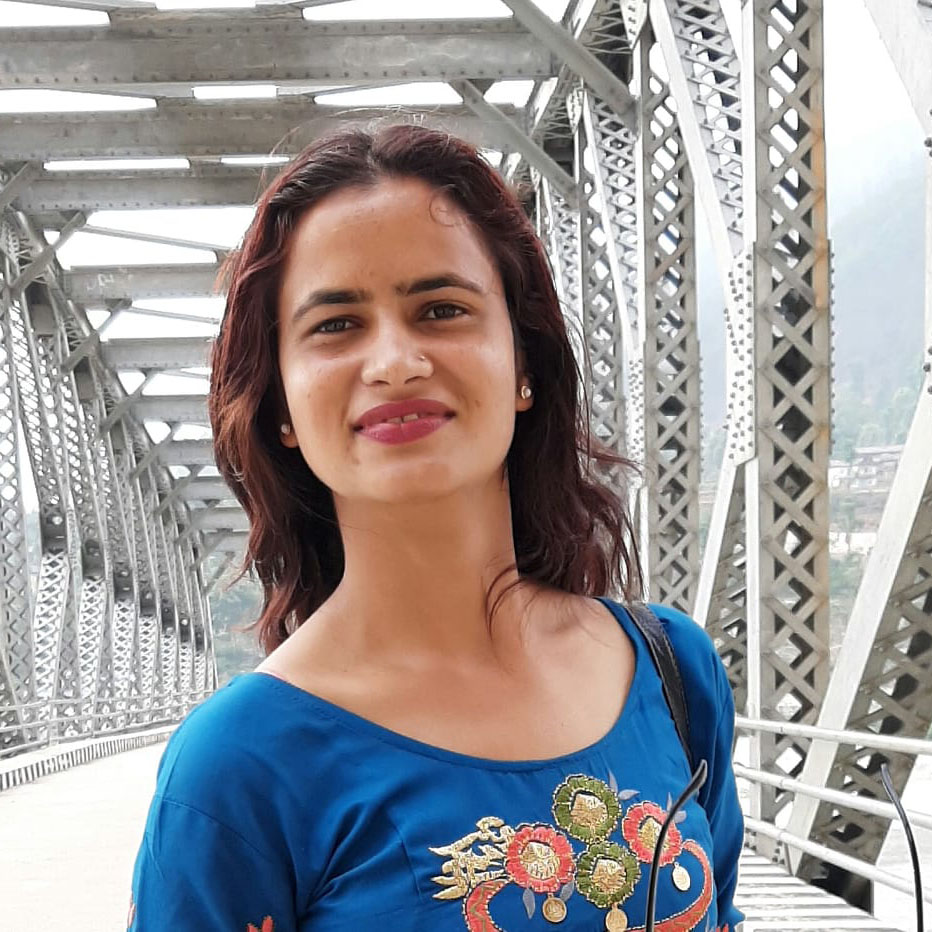Sudurpaschim Province
Menstruation taboo is keeping many Achham girls and female teachers from school
Students and women’s rights activists claim schools and officials are unwilling to create a conducive environment for girls in periods to attend classes.
Menuka Dhungana
Even after seven years after chhaupadi practice was officially outlawed, the practice is still prevalent in Achham—a hill district in Sudurpaschim Province.
At Saraswati Basic School in Kuika in ward 1 of Panchadewal Binayak Municipality, female students and teachers are unofficially barred from entering the school during their menstrual periods. The taboo persists despite no official mandate.
The school, which runs classes up to the fifth grade, has a total of 66 students, of whom 36 are girls. It operates under an undeclared rule that menstruating girls and teachers should stay away.
“Nobody goes to school during their period fearing that gods will get angry and curse them throughout their lives. We try to convince girls to go to school regularly. But they are hesitant to defy the tradition,” said Mansara Timilsaina, a local resident and former student of Saraswati Basic School.
Chhaupadi—a deep-rooted tradition that deems menstruating girls, women, and postpartum mothers impure and banishes them to isolation for three days—is still prevalent in various districts of the Sudurpaschim and Karnali provinces. Incidents of sexual assaults and deaths caused by asphyxiation (during winter when they make woodfire to keep warm) and snakebite in these isolated chhau sheds are frequently reported.
There lies a temple just outside the school premises where local Timilsaina people worship as their family deity. Hari Prasad Timilsaina, the chairman of the school management committee, admits that the girls and women do not go to the school during their menstruation. “Chhaupadi is a deeply-ingrained belief. We cannot urge people to send their daughters to school by defying this age-old tradition,” said Hari Prasad.
According to him, earlier, the school used to be situated a few metres above the temple, but the new buildings were built on the land provided by donors next to the temple.
Local girl students and women’s rights activists complained that the school management committee and the people’s representatives are reluctant to make a conducive environment so that the menstruating girls can continue attending classes without any hindrances.
Sixteen-year-old Rita Dhakal, a member of the local child club in Kuika, said that the child club repeatedly urged the people’s representatives and local leaders to make an environment so that the menstruating girls and women can go to the school regularly.

“We asked them several times stating that keeping girls out of school during their period is hugely affecting their studies. Even the ward chairman admitted that he could not act on it as the villagers are deeply rooted in their traditions,” said Dhakal. She claimed that the ward chairman himself holds onto these outdated beliefs.
Ward chief Durga Prasad Timilsaina admits that girls still skip school during their periods. "Even before I became ward chief in 2022, female students would not go to school during the menstruation period. After my election, we organised an interaction and urged girl students to attend school regularly. I don’t know what is happening now,” said the ward chief.
It is a coincidence that Saraswati Basic School now has a female principal. School Principal Durga Bohora, 55, has been teaching in the institution for over 29 years now. “When I moved to Achham from Dhangadhi some three decades ago, I had to follow chhaupadi and was initially barred from attending school. Eventually, I defied the tradition and continued with my work despite the risks. While I managed to change my situation to some extent, I could not change the societal norms around chhaupadi,” said Durga Bohora. She no longer faces such issues, as she has gone through menopause.
“I chose not to marry for personal reasons. But the villagers blame my single status on my refusal to follow the chhaupadi tradition,” she added.
Saraswati Basic School has another female teacher as well. “Jamuna madam comes to school even during her period, but the girls hesitate to come fearing criticism from their families and community. During discussions and interactions, no one supports the idea of sending menstruating girls to schools. Both the guardians and girls shy away from challenging this social stigma,” said the school principal.
Saraswati Basic School is not the only school grappling with this issue. Several schools in the district face the same problem.
The civil and criminal codes enforced in 2017 have criminalised chhau tradition. The practice is not only discriminatory against women, but also life-threatening. Reports of girls and women dying in chhau sheds from cold, suffocation, snakebites, and wildlife attacks surface regularly.
Clause 168 (3) of the Civil and Criminal Code provisions a three-month jail and a fine of Rs3,000 for anyone who forces a woman to live in a chhau shed during menstruation. The punishment is more severe if the perpetrators hold public positions.




 13.12°C Kathmandu
13.12°C Kathmandu















